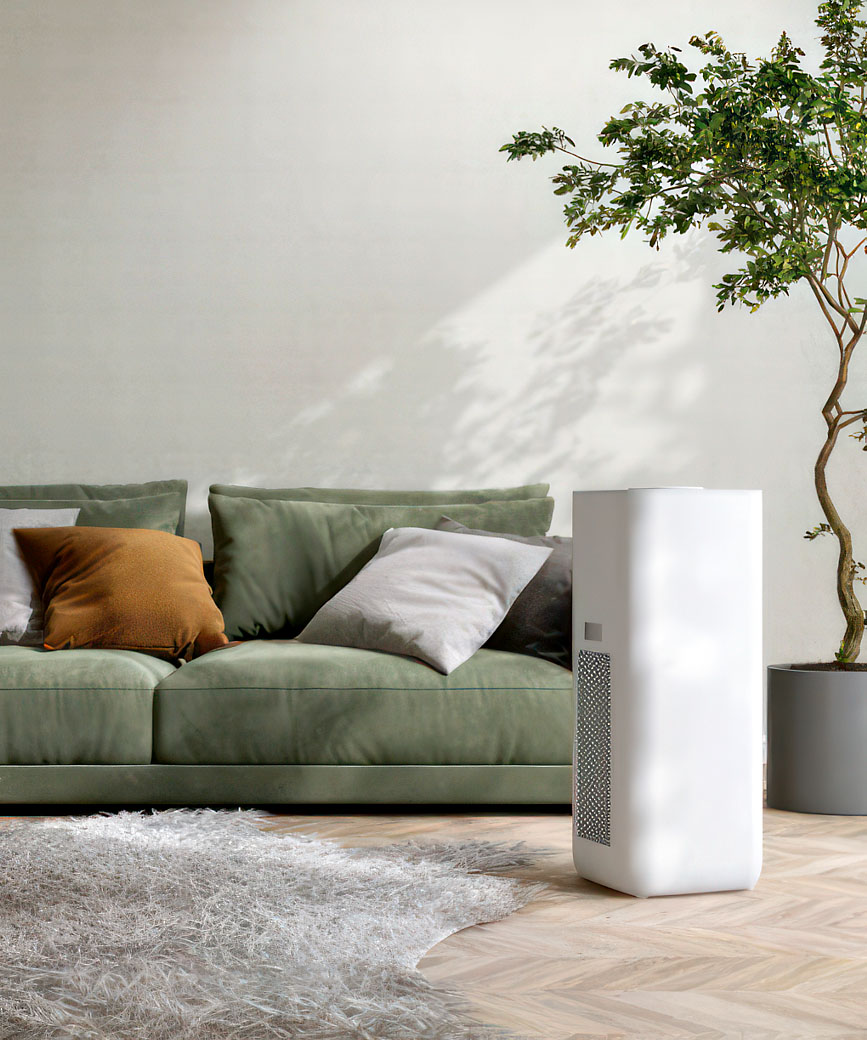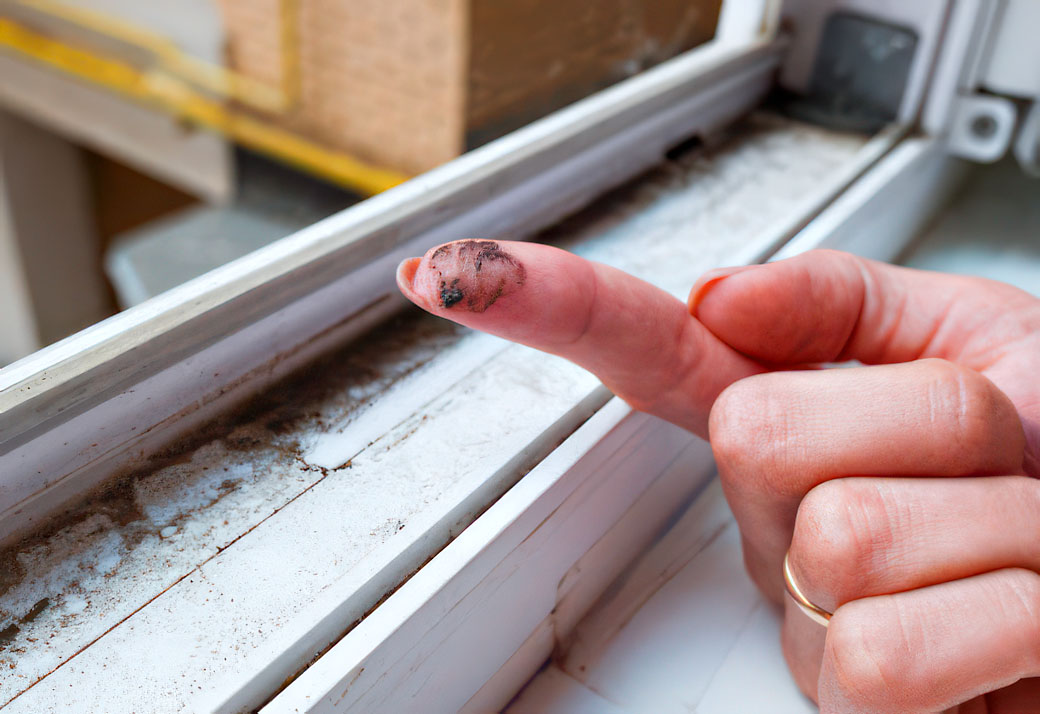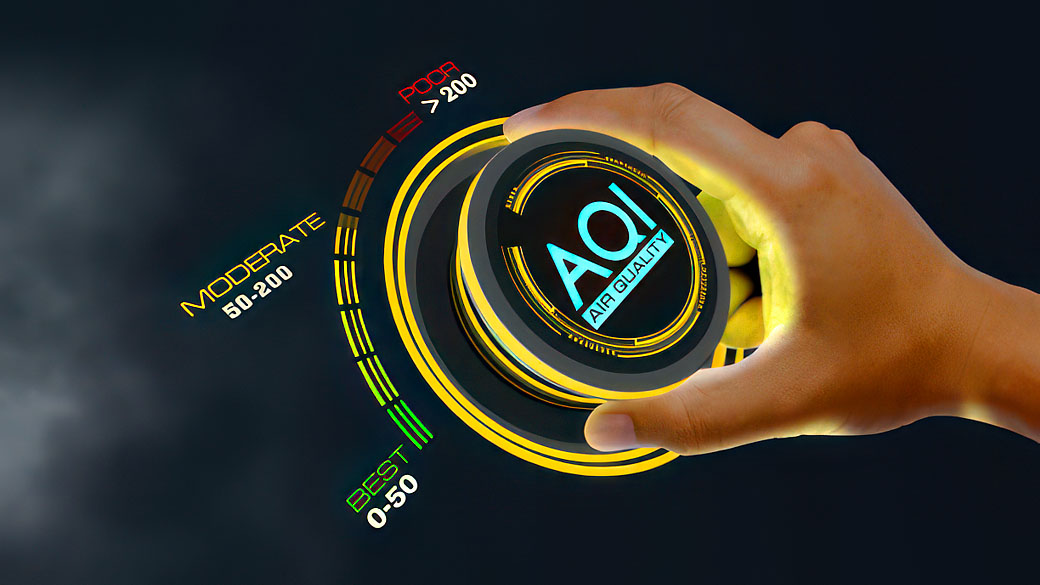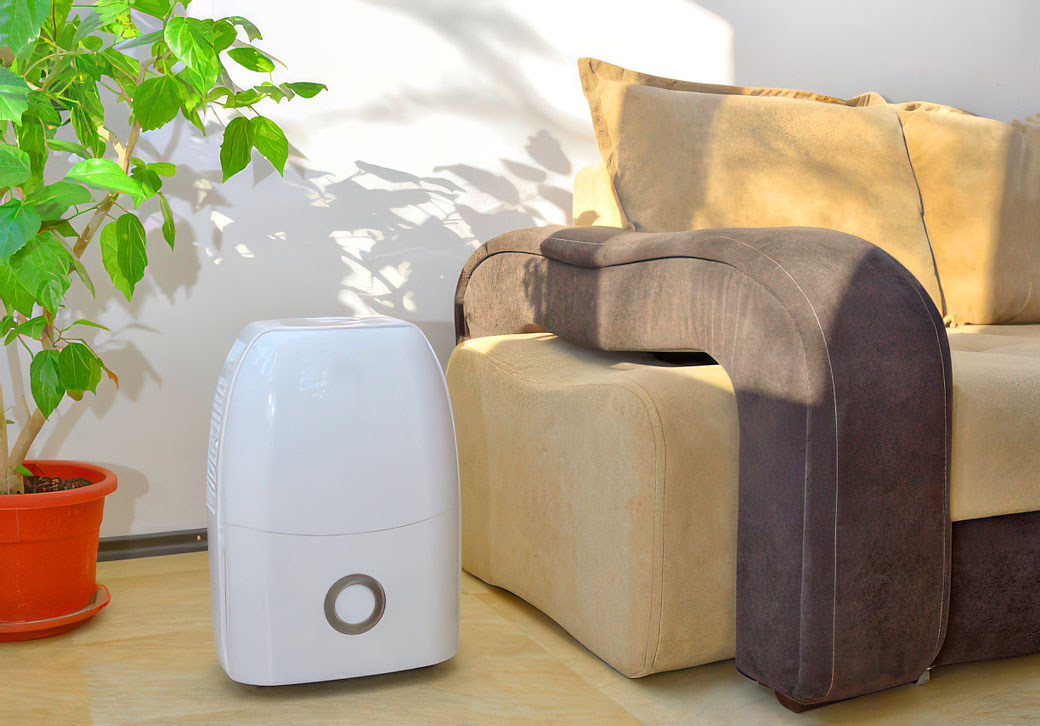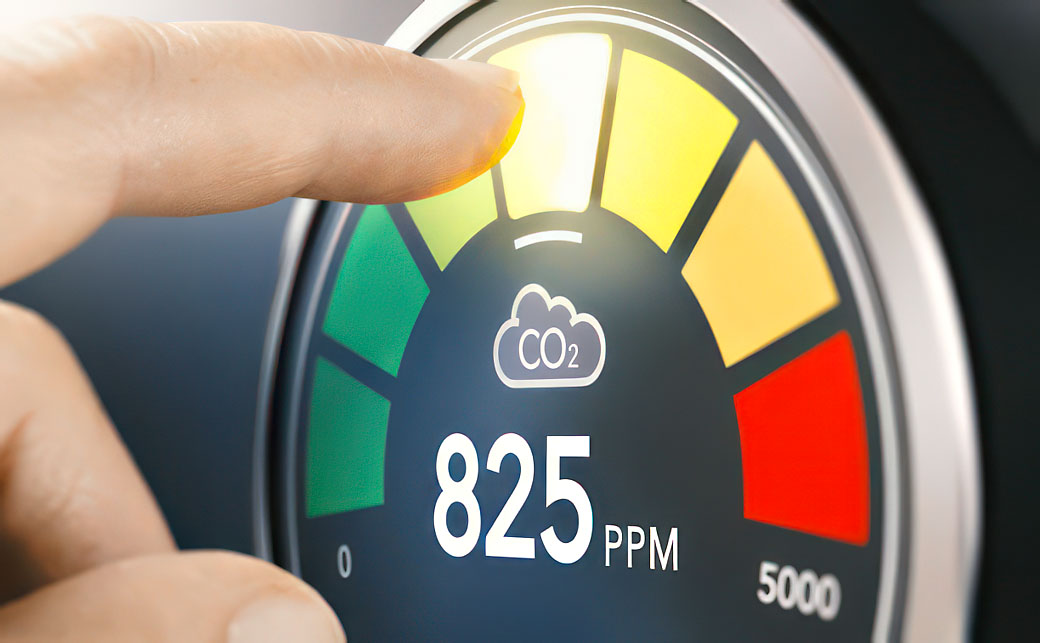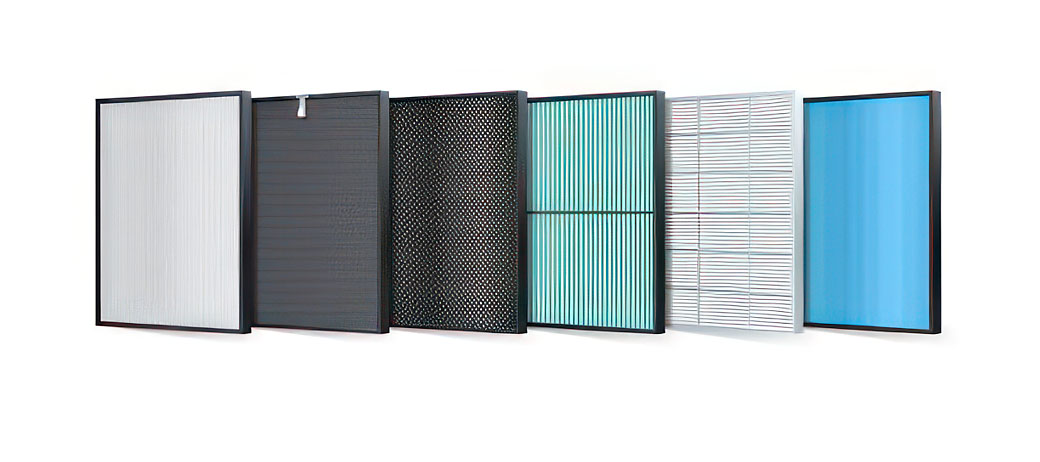
The Science of HEPA Filters: How They Work and Why They Matter
HEPA (High-Efficiency Particulate Air) filters are renowned for their ability to remove airborne particles and pollutants, making them a vital component of air purifiers and filtration systems. These filters are designed to capture particles as small as 0.3 microns with an efficiency of 99.97%, including dust, pollen, pet dander, and smoke.
HEPA filters work through a combination of diffusion, interception, and impaction. When air passes through a HEPA filter, the larger particles collide with the fibers and are captured through impaction. Smaller particles are captured through diffusion, as they move in a zigzag pattern and are more likely to come into contact with the fibers. Finally, particles that manage to avoid impaction and diffusion are captured through interception, where they come close enough to the fibers to be captured.
One of the key benefits of HEPA filters is their ability to improve indoor air quality by removing harmful particles and allergens. This is especially beneficial for individuals with respiratory issues, such as asthma or allergies, as HEPA filters can help reduce symptoms by removing triggers from the air.
When choosing an air purifier with a HEPA filter, look for models that are AHAM (Association of Home Appliance Manufacturers) certified. This certification ensures that the air purifier has been independently tested and meets specific performance standards for air cleaning efficiency.
Investing in an air purifier with a HEPA filter can significantly improve the air quality in your home, providing you with clean, fresh air to breathe. Consider the HEPAModel1 for superior air purification performance.
How HEPA Filters Work
HEPA filters are composed of a mat of randomly arranged fibers made from fiberglass. These fibers are extremely small and are designed to capture particles as they pass through the filter. The key to HEPA filters' effectiveness lies in their dense structure, which allows them to trap a wide range of particle sizes, including microscopic pollutants.
Efficiency and Filtration
HEPA filters are known for their high efficiency in capturing airborne particles. They can remove up to 99.97% of particles that are 0.3 microns or larger in size. This includes dust, pollen, pet dander, mold spores, and other common indoor air pollutants.
One of the key features of HEPA filters is their ability to trap small particles that other filters may miss. This makes them ideal for improving indoor air quality and reducing allergens in the air.
When looking for an air purifier with a HEPA filter, consider models like the Flents : 70325 or the Flents : 70325 , which are designed to provide superior filtration performance. These models are ideal for removing allergens, dust, and other particles from the air, helping to create a cleaner and healthier indoor environment.
It's important to note that while HEPA filters are highly efficient, they do require regular replacement to maintain their effectiveness. Check the manufacturer's recommendations for your specific air purifier model to ensure proper maintenance and optimal performance.
Applications of HEPA Filters
HEPA filters are used in a variety of applications, including air purifiers, vacuum cleaners, and HVAC systems. They are especially beneficial for individuals with allergies, asthma, or other respiratory conditions, as they can significantly improve indoor air quality.
Benefits of HEPA Filters
The use of HEPA filters offers several benefits:
- Cleaner Air: HEPA filters effectively remove airborne particles, helping to create a healthier indoor environment.
- Improved Health: By reducing exposure to pollutants, HEPA filters can alleviate symptoms of allergies and respiratory conditions.
- Longevity: HEPA filters are durable and can last for an extended period, providing long-term air filtration.
Conclusion
HEPA filters play a crucial role in maintaining clean indoor air by effectively capturing airborne particles and pollutants. Understanding how HEPA filters work and their benefits can help you make informed decisions when choosing air purifiers and filtration systems, ensuring that you and your family breathe clean, fresh air.
Trending Articles

